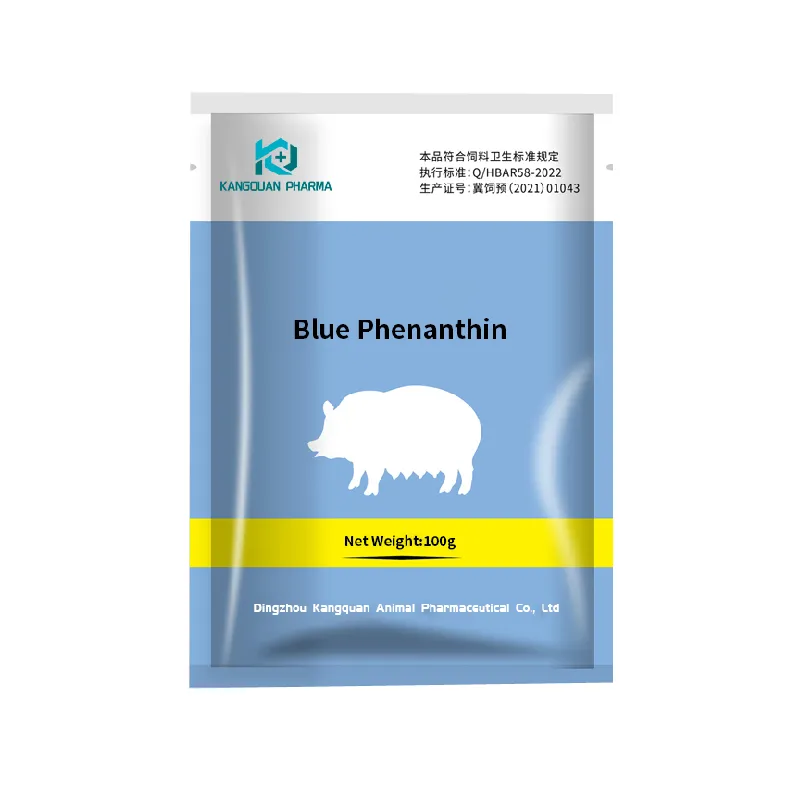- Afrikaans
- Albanian
- Amharic
- Arabic
- Armenian
- Azerbaijani
- Basque
- Belarusian
- Bengali
- Bosnian
- Bulgarian
- Catalan
- Cebuano
- Corsican
- Croatian
- Czech
- Danish
- Dutch
- English
- Esperanto
- Estonian
- Finnish
- French
- Frisian
- Galician
- Georgian
- German
- Greek
- Gujarati
- Haitian Creole
- hausa
- hawaiian
- Hebrew
- Hindi
- Miao
- Hungarian
- Icelandic
- igbo
- Indonesian
- irish
- Italian
- Japanese
- Javanese
- Kannada
- kazakh
- Khmer
- Rwandese
- Korean
- Kurdish
- Kyrgyz
- Lao
- Latin
- Latvian
- Lithuanian
- Luxembourgish
- Macedonian
- Malgashi
- Malay
- Malayalam
- Maltese
- Maori
- Marathi
- Mongolian
- Myanmar
- Nepali
- Norwegian
- Norwegian
- Occitan
- Pashto
- Persian
- Polish
- Portuguese
- Punjabi
- Romanian
- Russian
- Samoan
- Scottish Gaelic
- Serbian
- Sesotho
- Shona
- Sindhi
- Sinhala
- Slovak
- Slovenian
- Somali
- Spanish
- Sundanese
- Swahili
- Swedish
- Tagalog
- Tajik
- Tamil
- Tatar
- Telugu
- Thai
- Turkish
- Turkmen
- Ukrainian
- Urdu
- Uighur
- Uzbek
- Vietnamese
- Welsh
- Bantu
- Yiddish
- Yoruba
- Zulu
Rhag . 09, 2024 14:36 Back to list
tylosin injection for dogs
Tylosin Injection for Dogs An Overview
Tylosin is an antibiotic that is primarily used to treat various bacterial infections in both livestock and companion animals, including dogs. It belongs to the class of macrolide antibiotics, which work by inhibiting bacterial protein synthesis, ultimately leading to the death of the bacteria. While tylosin is more commonly recognized for its application in agricultural settings, its use in veterinary medicine, particularly for dogs, has garnered attention.
Indications for Use
Tylosin injection is employed in veterinary practices for a range of purposes. In dogs, it is mainly indicated for the treatment of respiratory infections, as well as certain skin infections and gastrointestinal disorders. The antibiotic is particularly effective against specific bacteria, including some strains of Mycoplasma, which can cause respiratory diseases in dogs. In cases where other antibiotics may not be effective, tylosin can serve as a viable alternative.
Additionally, tylosin is sometimes used in cases of chronic diarrhea, particularly when the condition is suspected to be linked to bacterial overgrowth in the intestines. This antibiotic can help to restore balance and address the underlying infection, leading to improved digestive health.
How Tylosin Injection Works
Tylosin functions by targeting the bacterial ribosomes, the machinery that bacteria use to produce proteins necessary for their growth and reproduction. By interfering with this process, tylosin effectively halts the growth of bacteria, allowing the dog's immune system to eliminate the infection. The injectable form of tylosin is often used when a more rapid response is needed, or when oral administration may not be practical due to the dog’s condition.
Administration and Dosage
tylosin injection for dogs

Tylosin injections should always be administered by a licensed veterinarian, who will determine the appropriate dosage based on the dog’s size, health condition, and specific infection being treated. The injections are typically given subcutaneously or intramuscularly, and the veterinarian may provide instructions for any necessary follow-up doses. It is crucial to adhere to the prescribed dosage and schedule to ensure the effectiveness of the treatment and minimize the risk of adverse reactions.
Side Effects and Considerations
As with any medication, there can be side effects associated with tylosin injection. Some common side effects may include gastrointestinal upset, such as vomiting or diarrhea, particularly if the dog is sensitive to the antibiotic. More severe reactions, although rare, can occur, including allergic responses or changes in blood work readings. Pet owners should monitor their dogs closely after administration and report any concerning symptoms to their veterinarian immediately.
Additionally, it is essential to consider potential drug interactions. Many medications can affect how tylosin is processed in the body, so it is critical to inform the veterinarian of any other treatments the dog is currently undergoing. This ensures a safe and effective treatment plan without risks from drug interactions.
Conclusion
Tylosin injection represents a valuable option for veterinarians treating bacterial infections in dogs, especially when other antibiotics have failed or when rapid action is needed. Its broad spectrum of activity against certain bacteria makes it a useful tool in a veterinarian’s medicinal arsenal. However, as with any antibiotic treatment, responsible use is crucial to prevent the development of antibiotic resistance.
Pet owners should only seek tylosin injections through licensed veterinary practitioners who can provide the necessary guidance and monitoring. By working closely with veterinarians and recognizing any potential side effects, pet owners can ensure the best possible outcome for their furry companions. With appropriate care and treatment, many dogs can recover swiftly and return to their happy, healthy lives.
-
Guide to Oxytetracycline Injection
NewsMar.27,2025
-
Guide to Colistin Sulphate
NewsMar.27,2025
-
Gentamicin Sulfate: Uses, Price, And Key Information
NewsMar.27,2025
-
Enrofloxacin Injection: Uses, Price, And Supplier Information
NewsMar.27,2025
-
Dexamethasone Sodium Phosphate Injection: Uses, Price, And Key Information
NewsMar.27,2025
-
Albendazole Tablet: Uses, Dosage, Cost, And Key Information
NewsMar.27,2025













